
From Prophecy to Preparedness: Ghana’s Ark Builder and the Questions Behind Apocalyptic Claims

The End of the World—Again: Inside Ghana’s Modern-Day Ark and Humanity’s Endless Fascination with Apocalypse
Throughout history, predictions of the world’s end have surfaced with uncanny regularity. From ancient prophecies to modern panic, humanity has long been drawn to the idea of an impending collapse. The Y2K fears of technological breakdown at the turn of the millennium, the 2012 Mayan calendar countdown, and countless doomsday cults before them all share a pattern: a surge of fear, global fascination, and, when the world stubbornly continues, an awkward return to normalcy.
The latest chapter in this recurring saga comes from Ghana, where a digital creator known as Ebo Jesus, or locally Ebo Noah, has attracted attention with his bold claim that a catastrophic flood will begin on December 25, 2025. Unlike most who make such predictions, he is not simply preaching online—he is building what he calls his own version of Noah’s Ark.
Clips of his wooden structure have circulated widely on TikTok, blending curiosity, skepticism, and humor. Commenters have turned his prophecy into a viral conversation, with remarks like “Please don’t allow bed bugs inside ohhh” or “Make sure there is AC.” Yet beneath the joking lies something deeper: a reflection of humanity’s recurring fascination with the end of the world and our instinct to prepare, even when the threat defies reason.
The Man and His Mission
Ebo Jesus has fixed his warning on a single date: December 25, 2025. He insists that a devastating, years-long flood will begin then and continue for three years. In his posts, he pleads, “Please, I beg, don’t let this pass.” According to him, the ark is not symbolic—it is essential for survival.
Drawing from biblical imagery, he often frames his project as divinely inspired. “People will stay in the boat for three years until the dove comes and tells us we have reached the promised land,” he explains, echoing the story of Genesis. His words are designed to resonate with religious audiences familiar with Noah’s tale, blurring the lines between faith, performance, and prophecy.
Across his social media accounts, the ark appears as a large, wooden vessel he claims is nearly 80% complete. In one post, he wrote, “Are you ready for December 25? The ark is almost done, and some animals are coming.” The combination of earnest conviction and viral spectacle has made him both a local curiosity and an international conversation piece.
Regional outlets covering his story note the consistency of his message. He repeats his warning with emotional intensity, as if each video were a final call for people to take him seriously. To his supporters, his persistence signals divine urgency. To skeptics, it’s a reminder of how the internet can turn even the most extraordinary claims into global entertainment.
What Science and History Really Say About Floods
When grand apocalyptic warnings appear, the best way to evaluate them is to measure them against what we know from science and history.
Flood myths are among humanity’s oldest stories. Long before written records, ancient civilizations preserved tales of waters that swallowed entire lands. Aboriginal Australians, for example, passed down oral traditions describing coastlines that stretched far beyond today’s shores—stories later shown by geological evidence to align with rising seas after the last Ice Age.
Science confirms that catastrophic floods have indeed occurred, but always within specific regions. Around 15,000 years ago, repeated breaches of ice dams at Glacial Lake Missoula unleashed torrents across what is now Washington State, carving the vast and dramatic Channeled Scablands. These were monumental events—but still local, not global.
Modern climate research adds nuance. According to the Intergovernmental Panel on Climate Change (IPCC), a warmer atmosphere holds more moisture, intensifying rainfall by about 2–3% for every 1°C increase in temperature. This means stronger storms and heavier downpours in many regions, but not unending rainfall across the entire planet.
Moreover, the physics of Earth’s atmosphere make perpetual rain impossible. Water vapor cycles out within roughly eight to eleven days, setting a hard limit on how long rain can persist. Global datasets from agencies like NOAA and NASA confirm that precipitation patterns, while shifting, remain within predictable bounds. There is simply no mechanism—natural or divine—that could sustain rain worldwide for years on end.
Why We Keep Believing in the End

If history and science consistently refute global flood predictions, why do people continue to believe them? The answer lies less in the heavens and more in human psychology.
Religious frameworks shape many interpretations. Some Christians, for instance, point to the covenant in Genesis, where God declares: “Never again will all life be destroyed by the waters of a flood.” Others cite passages cautioning against date-setting, such as: “About that day or hour no one knows, not even the angels in heaven.” These verses are often invoked to challenge modern prophecies like Ebo Jesus’s.
History provides its own warnings. In 2011, American broadcaster Harold Camping predicted the world’s end—twice. When both dates passed uneventfully, he publicly admitted error, later saying, “We must not dictate to God what God should do.” His case remains a study in the consequences of failed prophecy and the humility that sometimes follows.
Psychologists add another layer of understanding. The concept of cognitive dissonance explains how believers often double down when predictions fail. Studies published by the American Psychological Association show that when people are emotionally or socially invested in a belief, contradicting evidence can make them more entrenched, not less. The human mind, it seems, values consistency over correction.
And even in a rational age, apocalyptic thinking endures. A 2022 Pew Research Center survey found that 39% of U.S. adults believe humanity is currently living in the end times. That number underscores how deeply the idea of an approaching end resonates—even among those who might not take every prophecy literally.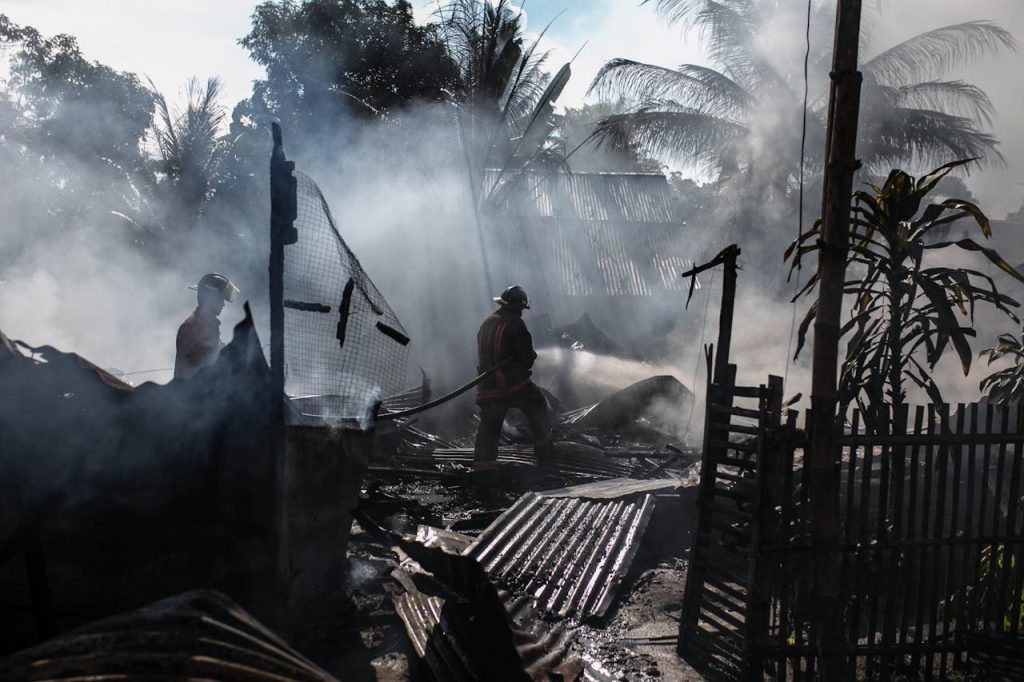
From Panic to Preparedness
When alarming predictions flood social media, the wisest response is not fear but practical preparedness. True readiness is quiet, grounded, and based on facts rather than forecasts.
-
Verify information through trusted news outlets and official meteorological agencies.
-
Pause before reacting. If a claim unsettles you, take a minute to breathe and ask: Who is saying this? What is their source? What do experts report?
-
Stay connected to alerts from local disaster agencies or apps. In the Philippines, for instance, PAGASA and city disaster offices issue real-time updates.
-
Prepare an emergency kit with water, food, first aid, power banks, and essential documents sealed in a waterproof bag.
-
Know your local flood zones and plan evacuation routes ahead of time.
-
Create a family communication plan with a simple message like, “I am safe. I’m here. I’ll meet you at this location if we’re separated.”
-
Practice water safety—never walk or drive through floodwaters; even shallow currents can be deadly.
-
Keep calm. Simple grounding techniques, like steady breathing or brief meditation, help maintain clarity during real emergencies.
-
Help others. Check on vulnerable neighbors, share supplies, and stay compassionate. True survival is often collective.
Preparedness, in this sense, is not a reaction to prophecy but a universal life skill—one that builds resilience rather than fear.
The Bigger Picture
Ebo Jesus and his ark may make headlines for their spectacle, but their deeper significance lies in what they reveal about human nature. The impulse to predict catastrophe is as old as civilization itself, a blend of anxiety, imagination, and hope for redemption. Yet while prophecies come and go, the real work of protecting our communities—through science, preparedness, and mutual care—remains timeless.
In the end, the story of Ghana’s modern-day Noah isn’t just about one man preparing for a storm. It’s about how all of us interpret uncertainty, how belief and skepticism coexist, and how the line between faith and evidence continues to shape the human story. Whether the skies open or not on December 25, 2025, one truth endures: the world rarely ends when people say it will—but it always tests what we choose to believe in the meantime.
News in the same category


Teen Builds $500 Dialysis Machine That Works Faster Than Hospital Models

Elon Musk Calls on 226 Million Followers to Cancel Netflix Amid Surging Boycott Movement

Officer Breaks Car Window to Rescue Baby – Then Realizes It Was a Mistake
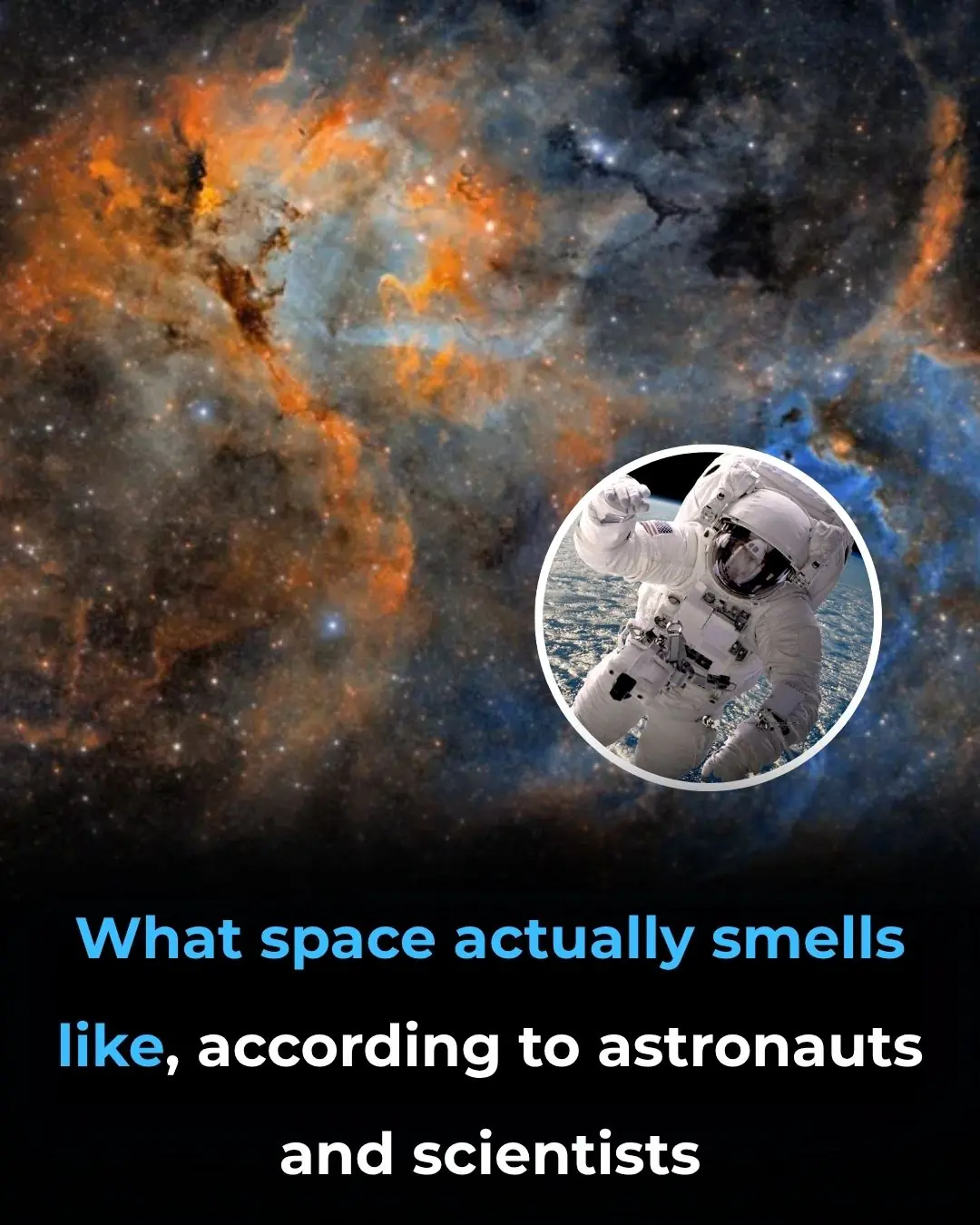
What Space Actually Smells Like, According to Astronauts and Scientists

Scientist Watches to See If Strange Interstellar Object Releases Any Probes
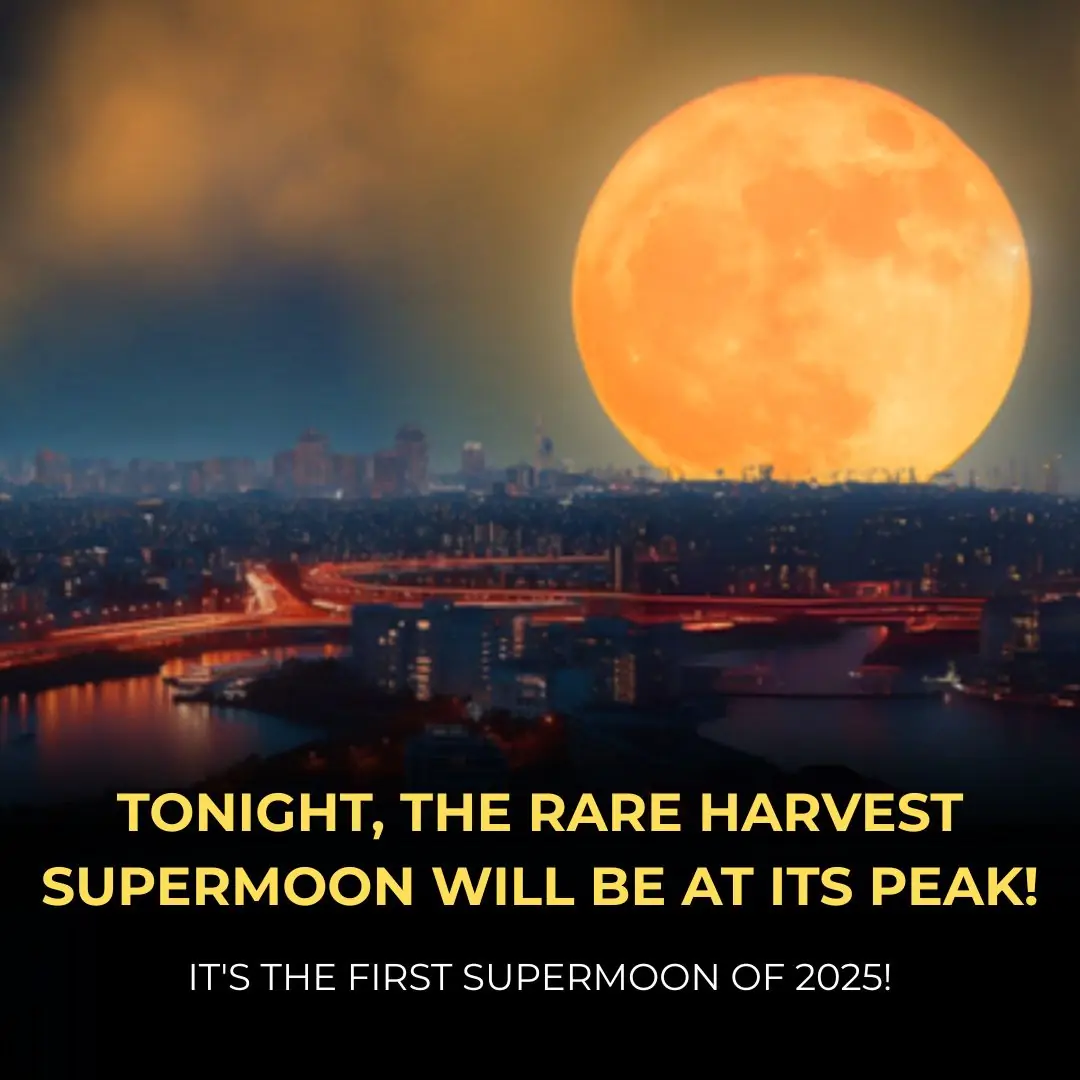
Prime views of the Andromeda Galaxy and Ceres—October 2
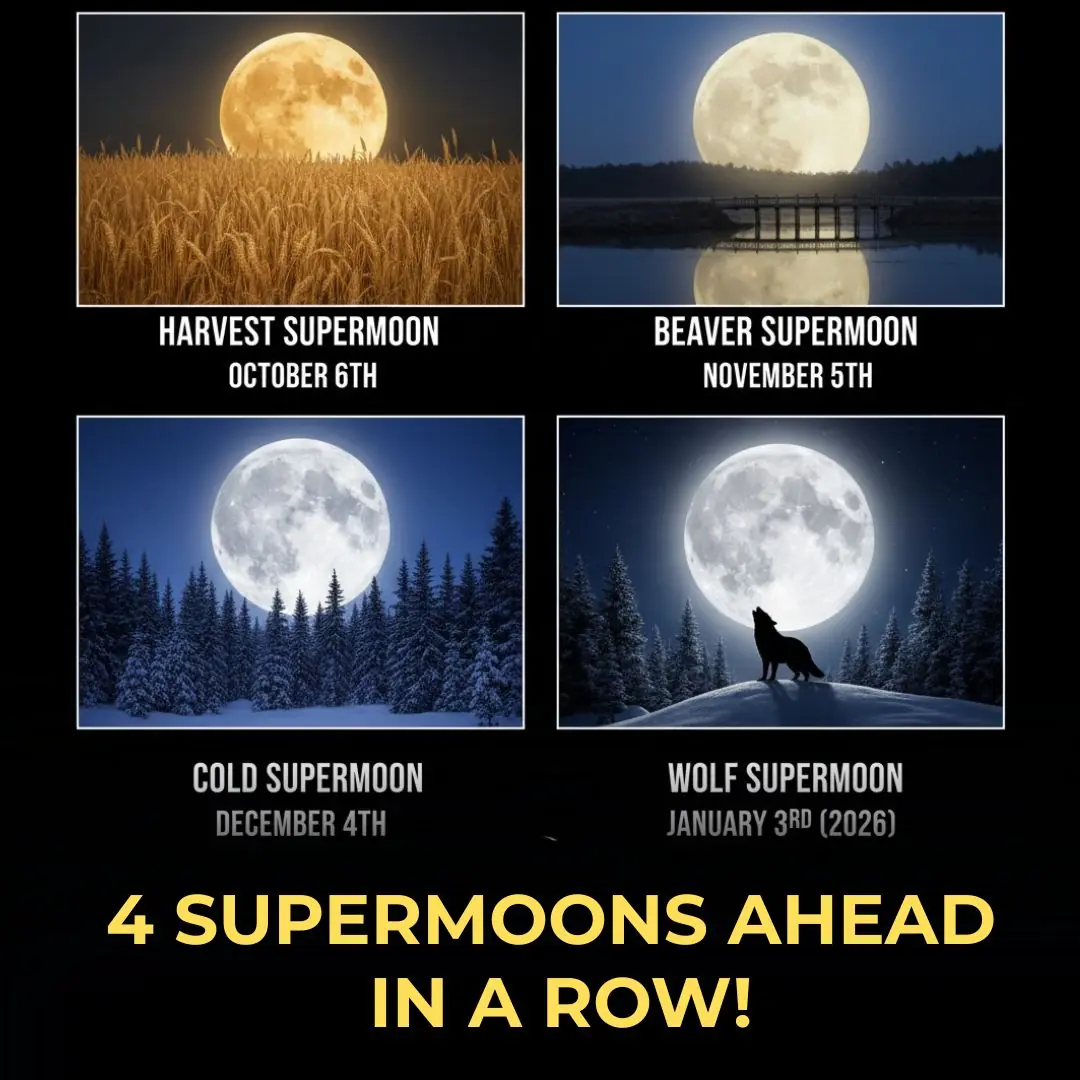
Prime views of the Andromeda Galaxy and Ceres—October 2
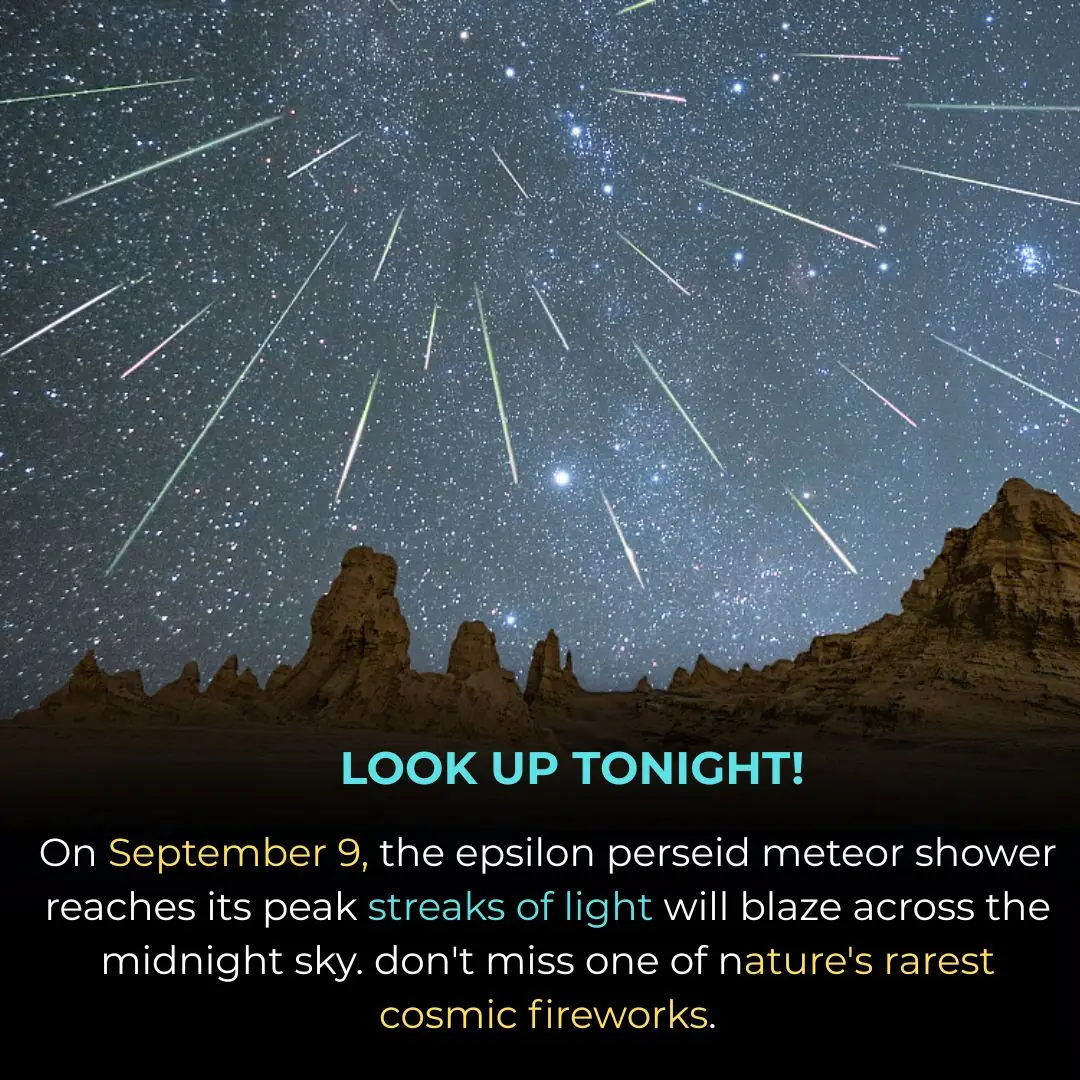
September 9 Meteor Shower: Epsilon Perseids to Dazzle the Night Sky
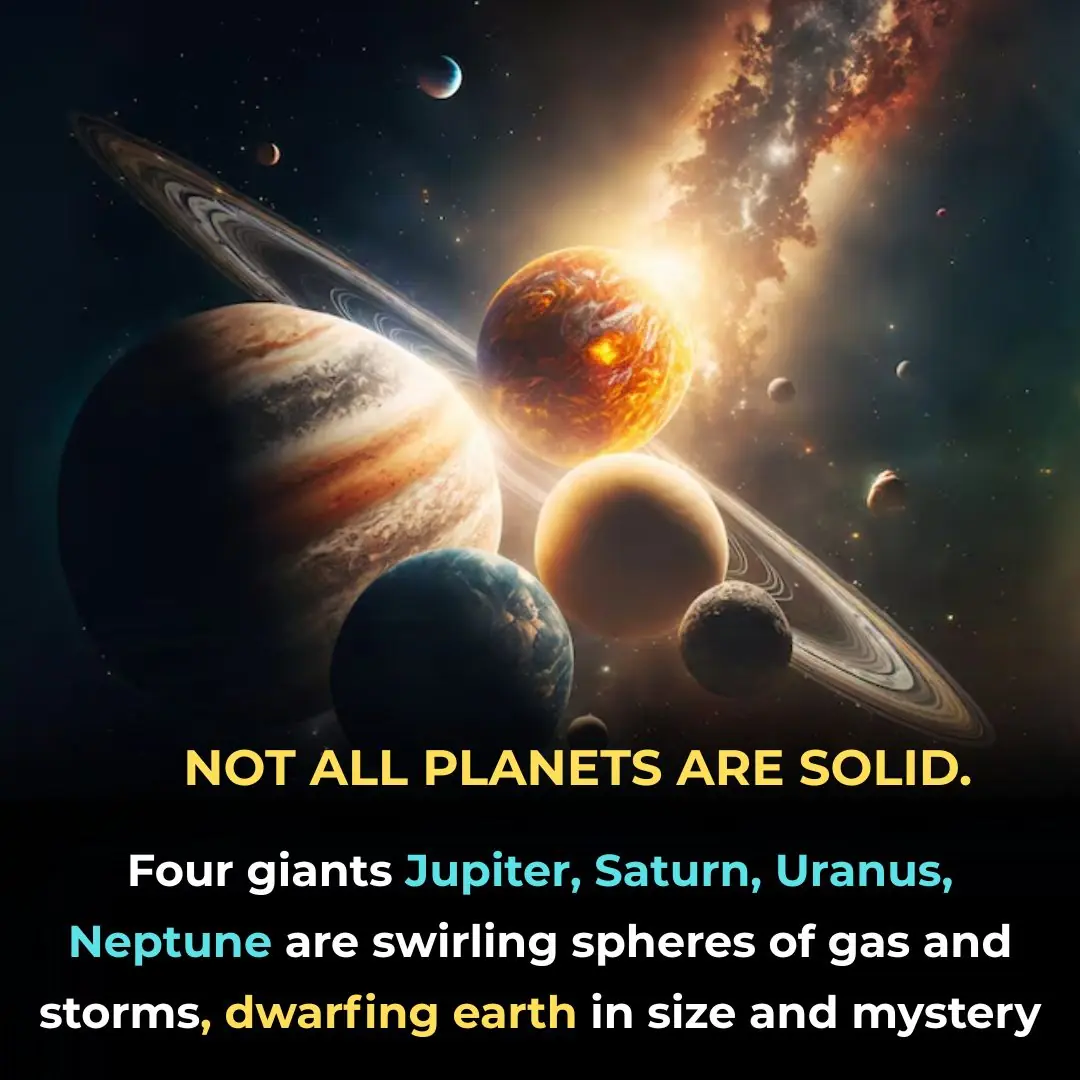
Gas Giants of the Solar System: Jupiter, Saturn, Uranus & Neptune

YouTuber destroys new iPhone Air with a blowtorch to test its durability

GameStop issues promising statement following Xbox Game Pass price hike

1st solar eclipse of 2025 puts on stunning show for skywatchers around the world (photos)
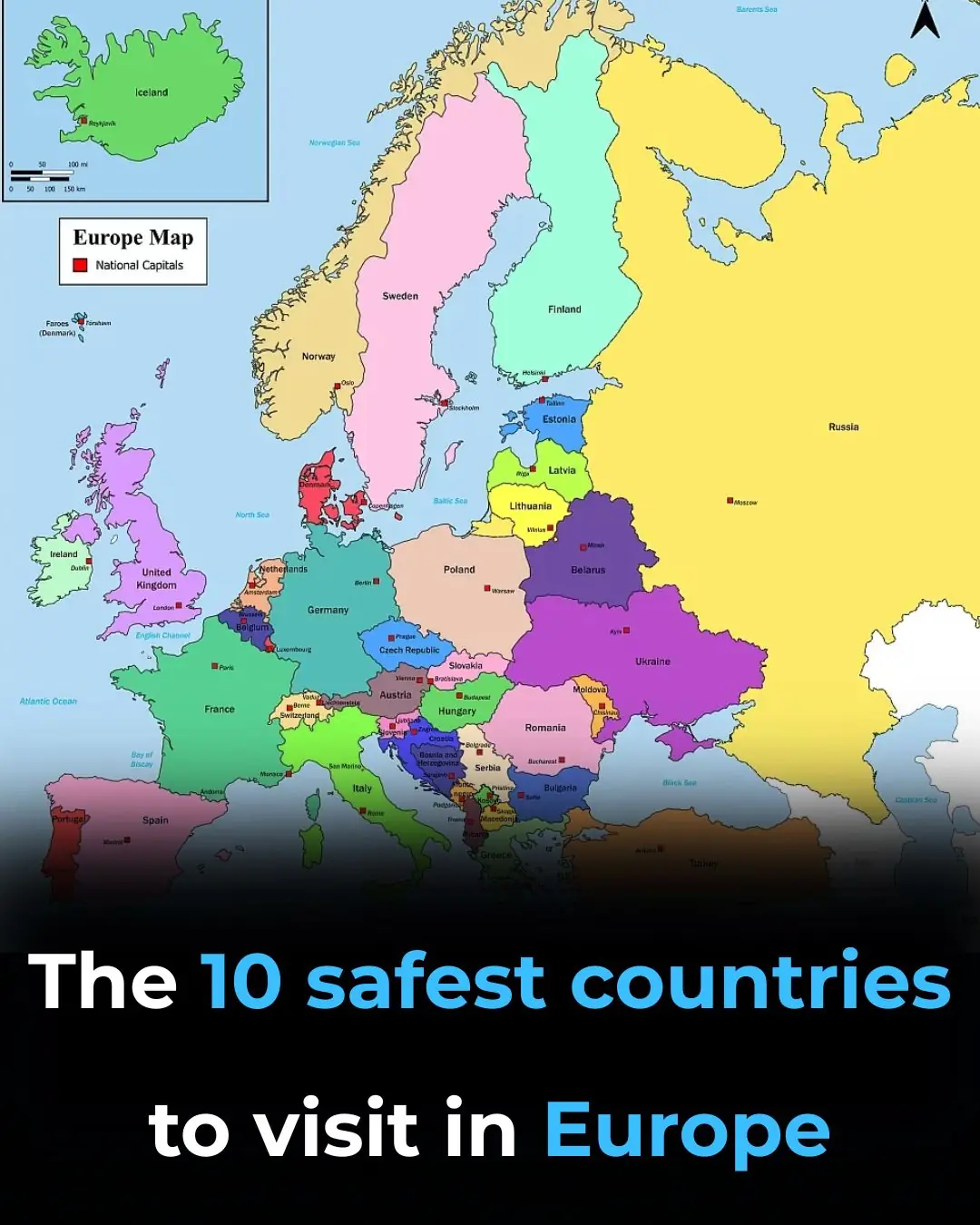
10 Safest Countries to Visit in Europe
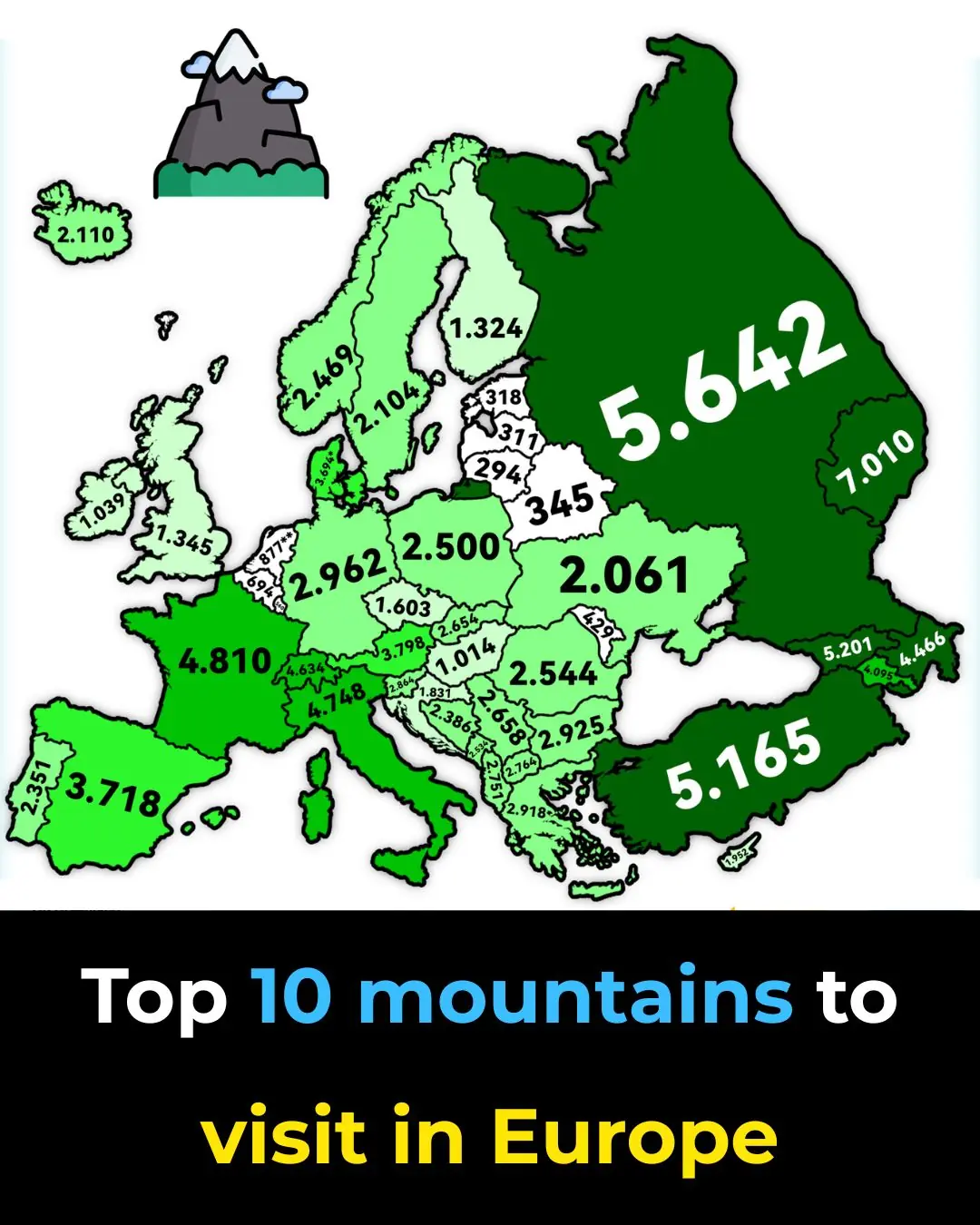
Majestic Peaks: Top 10 Mountains to Visit in Europe

Explore the Best of Britain: 12 Epic UK Road Trip Ideas

Tomorrow Island (Russia) and Yesterday Isle (USA) Are Just Three Miles Apart But There’s a 21-Hour Time Difference Between Them
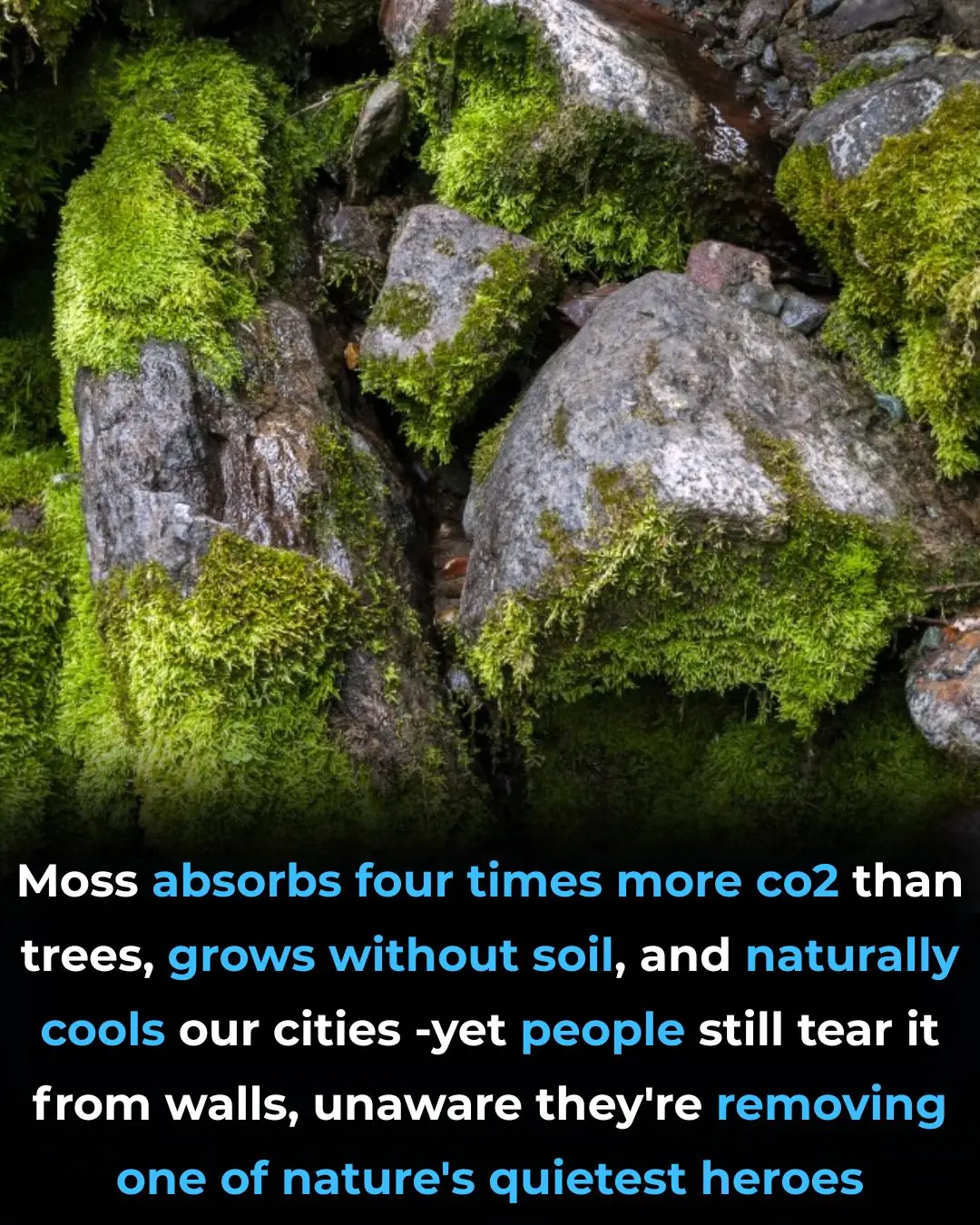
The Mighty Moss: Nature’s Unsung Superhero

Demystifying Oxygen Production: Oceans vs. Amazon Rainforest
News Post

One Vitamin That Could Transform Your Circulation

White Bumps on Your Face Don’t Try to Remove Them

How the U.S. government shutdown is set to upend the lives of thousands of ordinary Americans

Trump Schedules White House UFC Fight for His 80th Birthday After Sharing Plans for the Dramatic Stage

Concerns for sobbing Amy Dowden following Strictly exit

Strictly stars Amber Davies and Nikita Kuzmin warned over behind-the-scenes ‘rift’

Queen Camilla's cheeky tribute to Jilly Cooper wishing her 'impossibly handsome men' in hereafter

Transfer battle intensifies for wanted former Huddersfield Town man

Tips to clean the washing machine drum from mold with familiar, inexpensive items without vinegar or bleach

Onions and garlic that have been stored for a long time often sprout: Store them this way so they won't spoil or sprout all year round.

Toilet lid and seat are yellowed for a long time: Apply this tip to whiten the toilet and remove all bad odors

Drop this handful of leaves into fish stock: Big or small fish will be tender, no longer fishy, and delicious.

Prince Harry Had Two Close Encounters with Known Stalker During Recent U.K. Visit

A simple tip on how to grow ginger using cement bags, never had such a good yield of ginger

Blanching pork in boiling water, you think it's clean but it absorbs more dirt: This is the right way to do it

Married at First Sight UK fans crown 'best match' after two weeks

Selena Gomez’s kidney donor, Francia Raisa, addresses wedding snub and feud rumors

David Ortiz sparks awkward moment on Fox postgame show: ‘Sounds like Hitler’
